Common Pet Emergencies in Boulder, CO
Veterinary emergency hospitals treat many different types of pet emergencies. However, some conditions are more common in certain areas. If you’ve ever wondered what types of emergencies are common in the Boulder area, you’ve come to the right place.
In this article, we’ll go over some of the most common pet emergencies in and around Boulder. Read through the information below to learn how to keep your pet safe.
Heatstroke
Boulder is known for its beautiful sunny days, but the sun’s heat can pose a threat to our pets. Pets who spend time outside on a hot day need to be provided with cool shade and plenty of water to prevent the risk of heatstroke . Vigorous activity in hot weather can cause an animal to overheat.
Heatstroke can cause excessive panting, drooling and rapid heart rate. As the condition worsens, it can quickly lead to loss of consciousness and should always be treated as an emergency. Certain breeds of dogs are at higher risk for heatstroke than others. For example, brachycephalic dogs (dogs with short muzzles) such as bulldogs and pugs are at higher risk due to their decreased ability to cool off while panting. Additionally, never leave your pet in a vehicle, even for a short period of time, and even if it’s not overly hot, as the temperature inside of a car can rapidly rise to dangerous levels.
Wildlife
Boulder has some of the most beautiful outdoor spaces in the world, but unfortunately that does come with some risk to our pets. Rattlesnake bites commonly occur, especially in the warm months. Any animal suspected of being bitten by a rattlesnake should be seen promptly even if there are no immediate symptoms, as early treatment is important. The most common signs of a rattlesnake bite are severe pain and swelling at the site of the bite, but systemic and life-threatening complications can occur.
The best way to prevent illness from rattlesnake bites is to avoid the snakes! Keep your pets on a leash while hiking or camping. Snakes hide places around rocks, shrubs, and tall grass, and they often sun themselves on rocks or trails. Dogs frequently get bit when they stick their nose in a dangerous place or accidentally step on a snake. Some other wildlife species that live in the Boulder area and can injure pets include elk, deer, porcupines, coyotes, foxes, and mountain lions.
Other Pets
Boulder is a fantastic place for people and pets to get together and socialize. The area has several dog parks , trails and urban areas where our pets can meet their friends and have a great time. However, with this comes the risk for fights, leading to bite wounds. While many dog bite wounds are small, some can be severe and life-threatening, especially when a smaller animal gets into an altercation with a larger one. Any bite wound, even small ones, should be promptly treated by a veterinarian.
Ingestion of Toxins
Boulder is a large city, and it is full of many potential hazardous substances that pets can potentially eat. It’s possible that your pet could consume antifreeze, household cleaners, or other chemicals that are commonly found in and around cities.
On the other hand, pets may also eat foods or plants that are toxic to them. If your pet consumes any item that is toxic, or anything that are you unsure about, take her to the emergency vet right away. The veterinarian can check for signs of toxic buildup and provide the right treatment to prevent a serious problem.
Ingestion of Foreign Objects
Many times, pets accidentally ingest foreign objects during play outdoors or inside. Some pets are prone to consuming foreign objects just because they want to, and this can be equally dangerous.
If your pet ingests a foreign object—such as part of a stick, a rock, a piece of a toy, or any other item that is not food—she may experience a partial or full blockage of her intestines. This type of blockage can become fatal quickly. Pets may also experience partial or full airway blockages as a result of consuming foreign objects, and this is also an emergency situation.
Tickborne Illness
In the Boulder area, it is common for pets—especially dogs—to explore the outdoors with their human family members. Unfortunately, this activity also puts pets at risk for potential tickborne illnesses .
If your pet has a tick buried up under her skin, carefully remove the tick and try to save it in a plastic baggie. Take the tick to your vet to have it examined. From there, the vet can let you know if the tick poses any threat to your pet, and you can move forward as needed.
24/7 Local Veterinarian is Opening a New Location in Boulder, CO
As you can see, there are several specific emergencies you should keep in mind when you own a pet in the Boulder area. Although this list does not cover all the possibilities, it can help give you a good head start toward protecting your pet from hazards.
Make sure to do your research ahead of time and choose a quality emergency vet in your area. When you take time to find an emergency vet before an emergency arises, you will have a better chance at responding quickly and caring for your pet efficiently, too.
24/7 Local Veterinarian opened a new location in Boulder, CO . 24/7 Local Veterinarian is an emergency-only animal hospital, with over 30 locations across the country. We are equipped to handle all common pet emergencies. Our compassionate and experienced teams are available 7 days a week, so your pet will always receive the care they deserve. We look forward to being your trusted emergency vet!
Contact with your local vet for the best advise
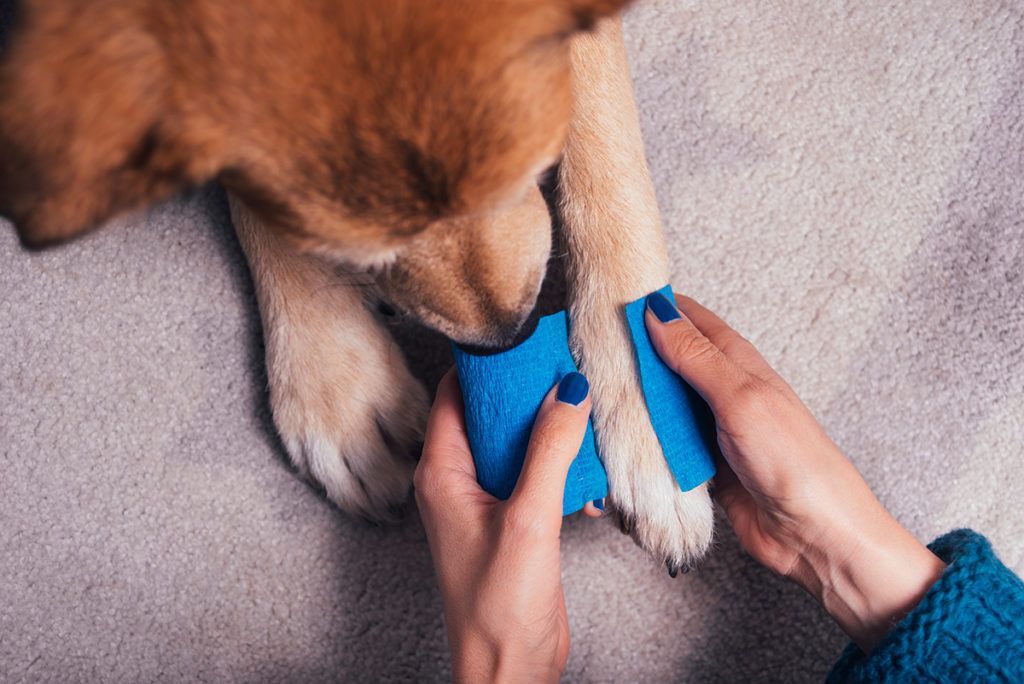
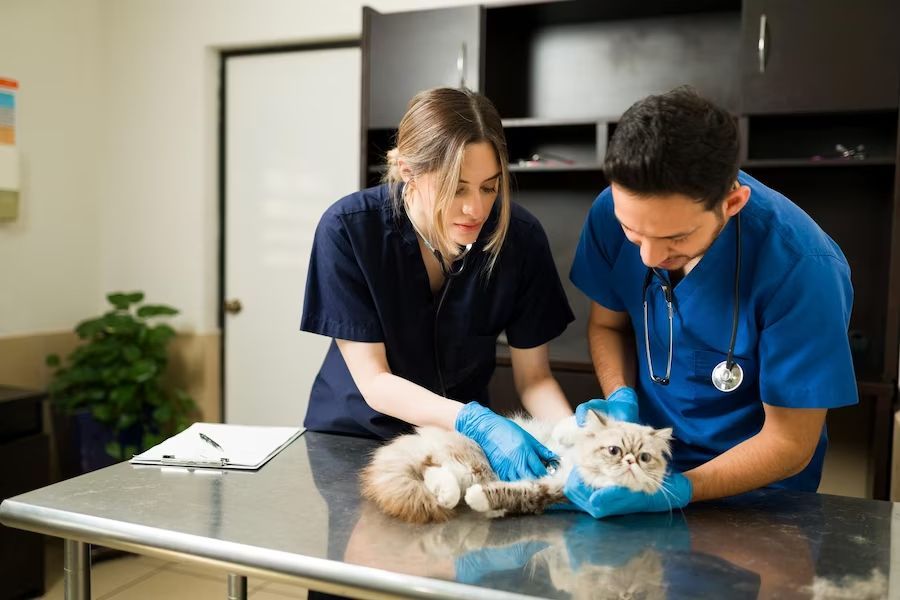
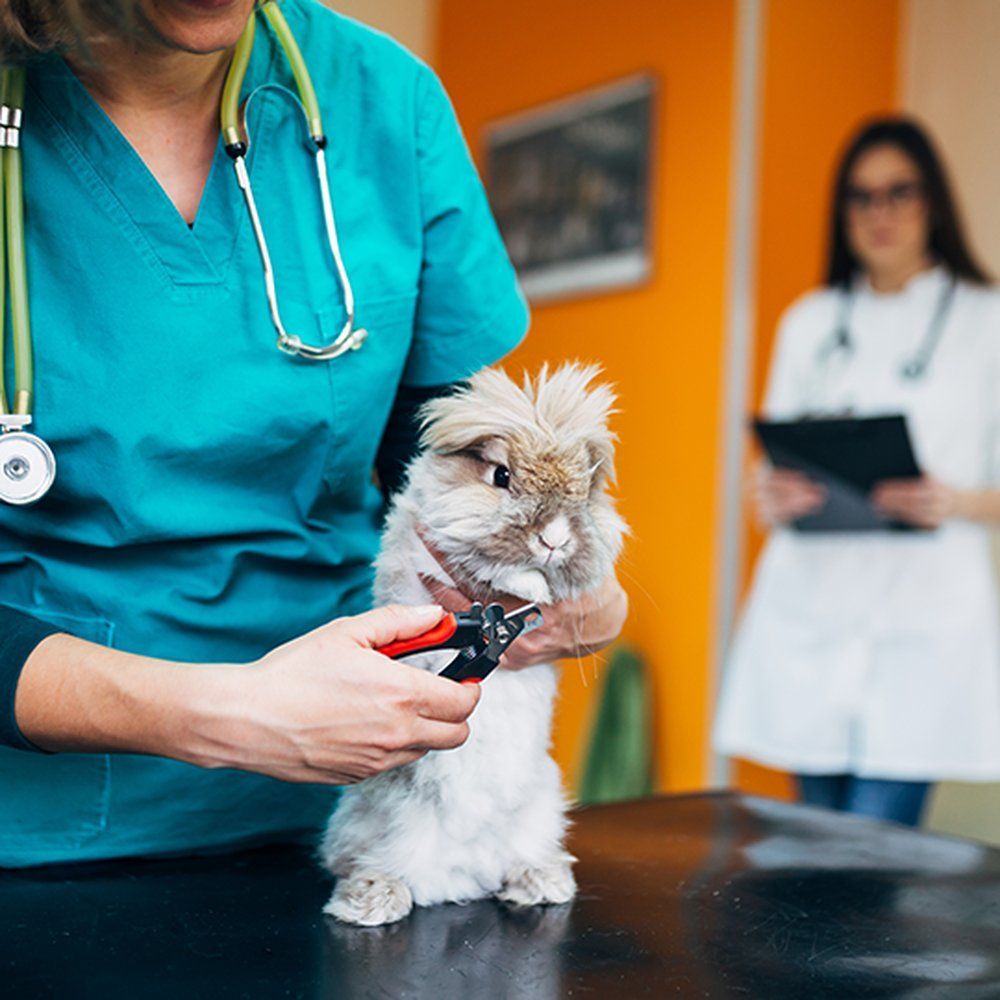

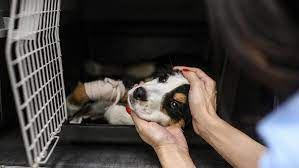
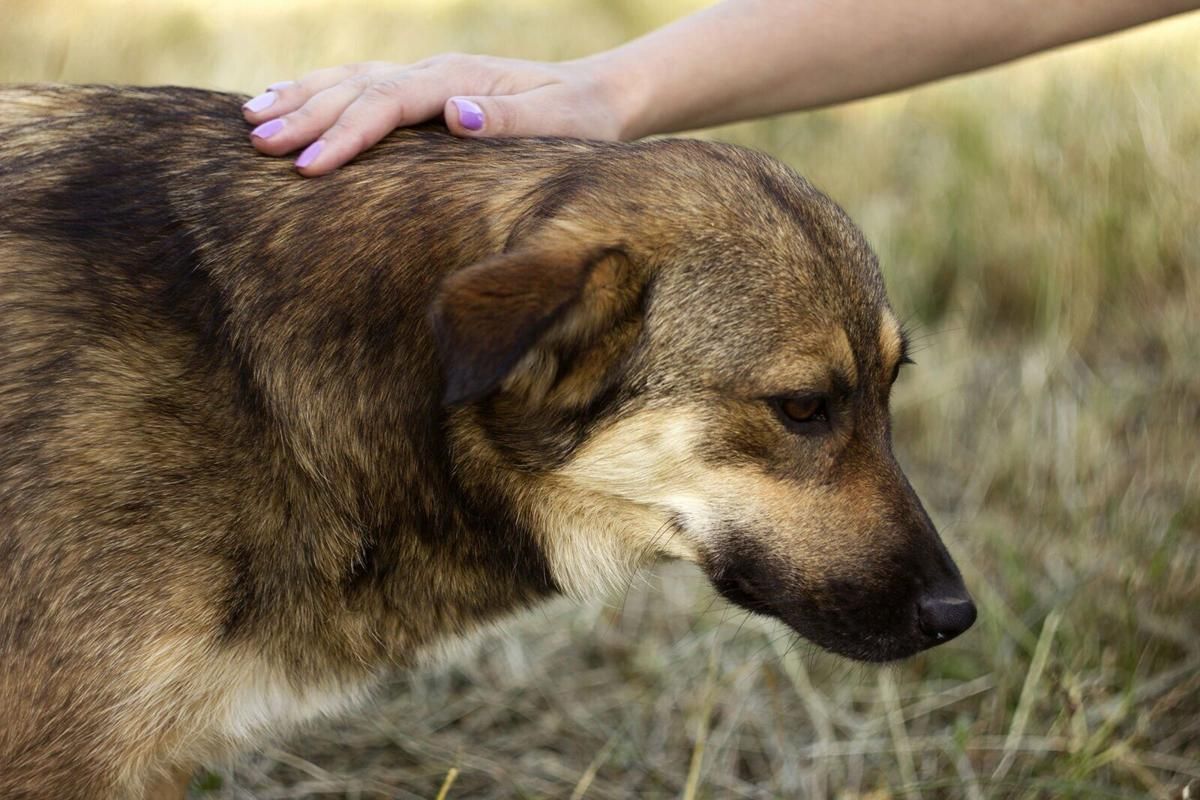
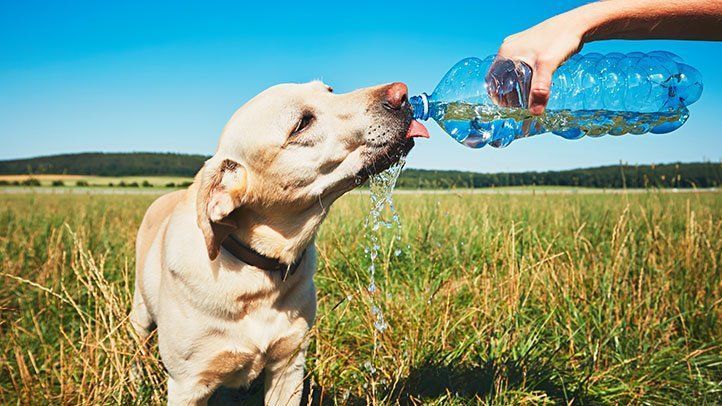

Resource Center




24/7 Local Veterinarian is a Veterinarians referral service. We connect you with Veterinarians in your area. All Veterinarians are operated independently of 24/7 Local Veterinarian. It is the responsibility of each user to verify that the Veterinarian connected with meets all licensing and insurance requirements in that jurisdiction.
Photos on 24/7 Local Veterinarian are for design purposes only and do not represent the vets services in your area.
Services will not be available in all areas, and when services are available, they may vary depending on providers available.

